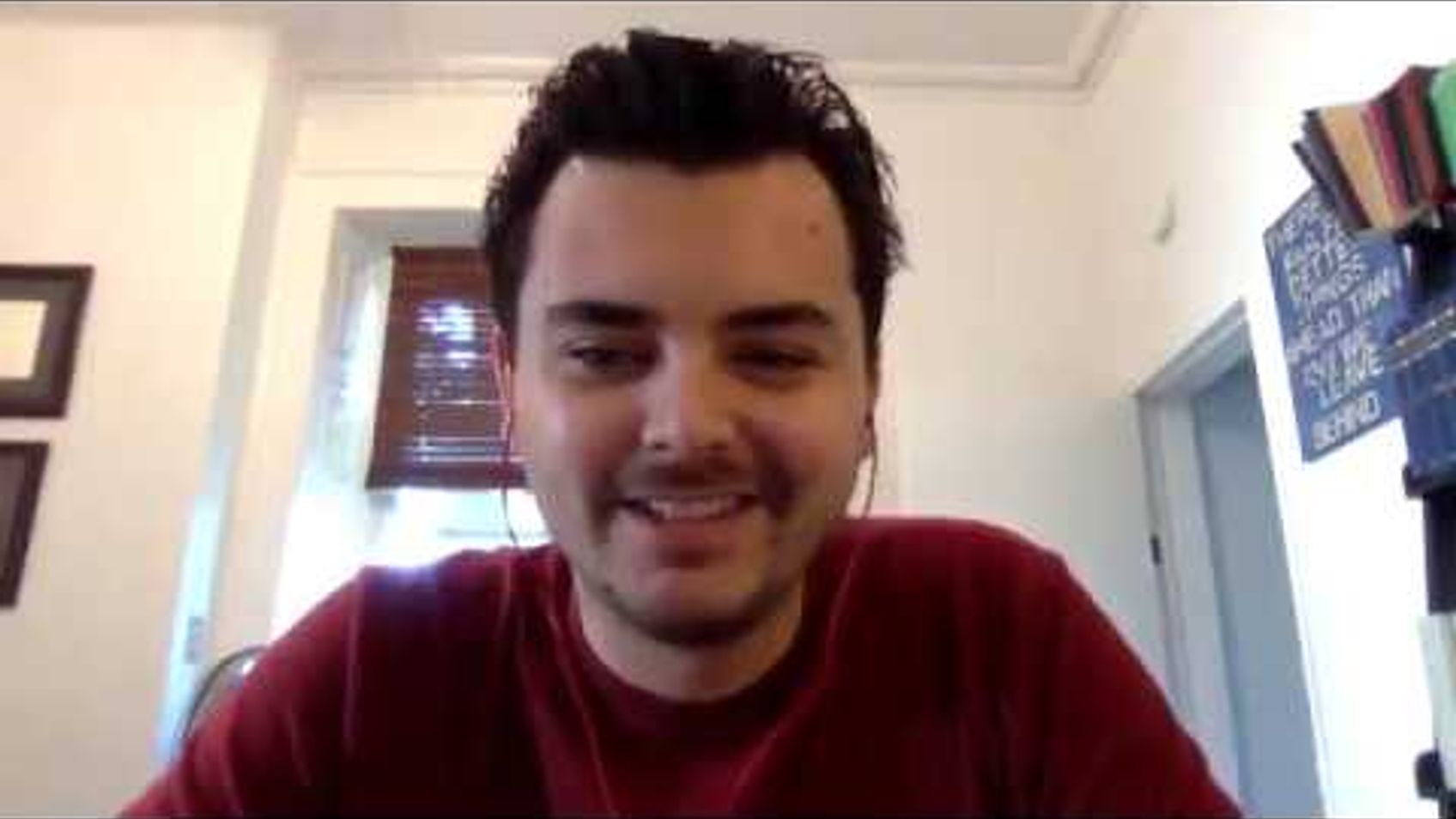Onsi Kamel on Conversion to Catholicism

Onsi Kamel recently wrote an article for First Things, 'Catholicism Made Me Protestant', which I discuss with him in this episode.
The following are links to several books and articles which we mention in the course of our conversation:
Onsi's article, 'Catholicism Made Me Protestant': https://www.firstthings.com/article/2019/10/catholicism-made-me-protestant
Some citations for Onsi's article on his blog: https://oakamel.wordpress.com/2019/09/13/catholicism-made-me-protestant-first-things/
Davenant articles on Why Protestants Convert: Part 1 - https://davenantinstitute.org/why-protestants-convert-pt-1-conversionitis/ & Part 2: https://davenantinstitute.org/why-protestants-convert-pt-2-psychology-of-conversion/
Books in the Davenant bookstore: https://davenantinstitute.org/bookshop/
My blog for my podcasts and videos is found here: https://adversariapodcast.com/. You can see transcripts of my videos here: https://adversariapodcast.com/list-of-videos-and-podcasts/.
If you have any questions, you can leave them on my Curious Cat account: https://curiouscat.me/zugzwanged.
If you have enjoyed these talks, please tell your friends and consider supporting me on Patreon: https://www.patreon.com/zugzwanged. You can also support me using my PayPal account: https://bit.ly/2RLaUcB.
The audio of all of my videos is available on my Soundcloud account: https://soundcloud.com/alastairadversaria. You can also listen to the audio of these episodes on iTunes: https://itunes.apple.com/gb/podcast/alastairs-adversaria/id1416351035?mt=2.
More From Alastair Roberts






More on OpenTheo















